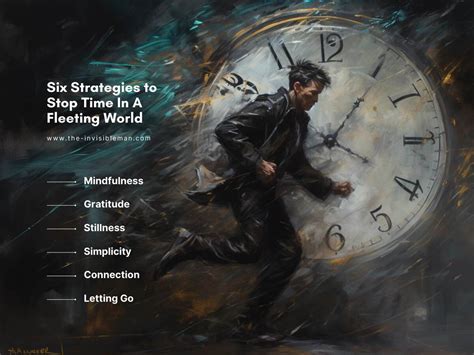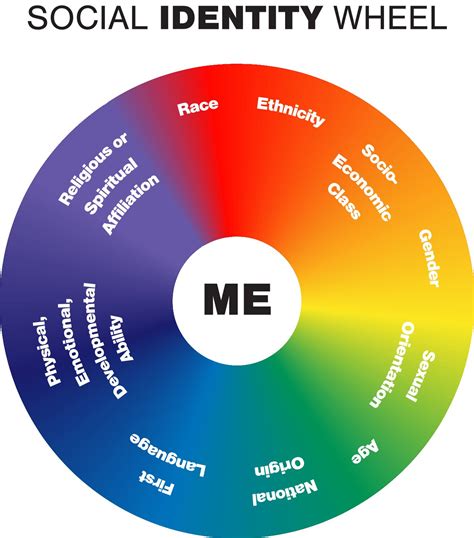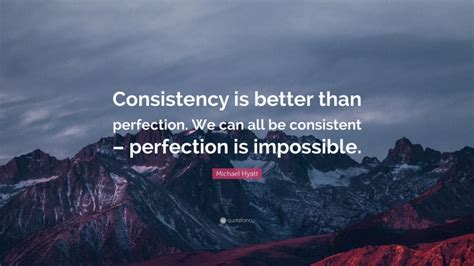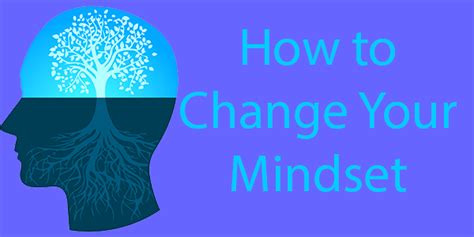The Fickle Nature of Motivation
Motivation is a powerful initial spark. It can get you to sign up for a gym membership, open a new savings account, or start a diet. However, anyone who has embarked on a journey of personal improvement knows that motivation is a fleeting emotion, easily swayed by a bad day, a tempting offer, or simply a lack of immediate results. Relying solely on motivation for long-term consistency in fitness or finance is like building a house on sand – it looks good initially, but won’t withstand the storms.
The true key to enduring discipline lies not in an endless supply of motivation, but in cultivating a specific mindset that transforms effort into an ingrained way of life. This shift moves beyond mere desire to a fundamental change in how you perceive yourself, your goals, and your daily actions.

Shifting from “Wanting” to “Being”: Identity-Based Habits
One of the most profound mindset shifts is moving from outcome-based goals to identity-based habits. Instead of saying, “I want to run a marathon” or “I want to save $10,000,” focus on becoming the type of person who runs marathons or saves money consistently. Ask yourself: “Who is the type of person who achieves these things?” They are a runner. They are financially responsible.
When you adopt an identity, your actions align naturally. A runner doesn’t just run; they train, they prioritize rest, they eat well. A financially responsible person doesn’t just save; they budget, they track expenses, they make informed spending choices. This internal shift makes consistent actions less about willpower and more about affirming who you are.
Embracing the Process, Not Just the Outcome
Another crucial mindset is focusing on the process rather than being solely fixated on the outcome. While goals provide direction, the daily grind is where the magic happens. Many people quit when they don’t see immediate results, because their focus is entirely on the destination.
A process-oriented mindset celebrates small victories: showing up for a workout, tracking a meal, transferring money to savings, reviewing a budget. These micro-actions build momentum and demonstrate progress, even when the ultimate goal feels distant. This mindset understands that consistent, small, imperfect steps are far more powerful than sporadic, perfect efforts.

The Power of Long-Term Vision and Delayed Gratification
Both fitness and financial discipline require a strong capacity for delayed gratification. This means forsaking immediate pleasure or comfort for a greater future reward. The mindset here is one of long-term vision – clearly understanding how today’s choices contribute to the person you want to be tomorrow, next year, or a decade from now.
This isn’t about denying yourself entirely, but about making conscious choices aligned with your future self. It’s choosing a healthy meal over instant junk food, or investing a portion of your income instead of spending it on an impulse purchase. This mindset helps you visualize the future benefits, making the present sacrifice feel less like deprivation and more like an investment.
Cultivating Resilience and Embracing Imperfection
No journey of discipline is linear. There will be missed workouts, unexpected expenses, bad eating days, or poor financial decisions. A critical mindset for consistency is resilience – the ability to bounce back from setbacks without letting them derail your entire effort. Perfectionism is the enemy of progress; an all-or-nothing approach often leads to nothing.
Instead of viewing a slip-up as a failure that signals the end of your efforts, see it as a data point. Learn from it, adjust, and get back on track immediately. This mindset understands that consistency is about showing up again and again, even after a stumble, rather than maintaining an unbroken streak of perfection.

Systems Thinking: Building the Environment for Success
A powerful mindset for discipline involves actively designing your environment and routines to support your goals. This is often called systems thinking. It recognizes that relying solely on willpower is unsustainable; instead, make the desired actions easy and the undesired actions difficult.
- For fitness: Lay out your gym clothes the night before, pre-pack healthy lunches, schedule workouts like non-negotiable appointments.
- For finance: Automate savings transfers, set up bill pay, unsubscribe from tempting marketing emails, create a strict budget and stick to it.
This mindset understands that human beings are creatures of habit and convenience. By removing friction from positive actions and adding it to negative ones, you significantly reduce the mental energy required for discipline.

Self-Compassion and Consistency Over Perfection
Finally, intertwining all these elements is the mindset of self-compassion. Be kind to yourself. Understand that progress is rarely perfect, and that small, consistent steps over time yield far greater results than intense, short-lived bursts of effort. This means forgiving yourself for minor deviations and recommitting without judgment.
It’s about striving for consistency rather than perfection, understanding that “good enough” done repeatedly often beats “perfect” done rarely. This compassionate approach fosters a sustainable relationship with your goals, making the journey enjoyable and long-lasting.

Conclusion: A Mindset for Lasting Change
Moving beyond the transient nature of motivation, consistent fitness and financial discipline are cultivated through a robust internal framework. By adopting an identity-based approach, embracing the process, maintaining a long-term vision, building resilience, designing supportive systems, and practicing self-compassion, you transform fleeting intentions into enduring habits. This isn’t just about achieving goals; it’s about becoming the person capable of sustaining them, creating a life of lasting health and financial well-being.




